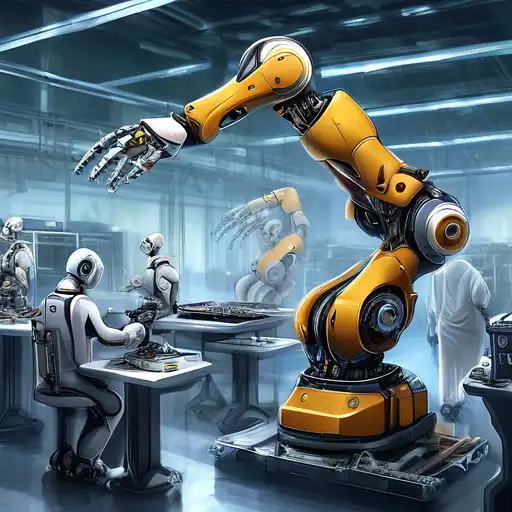The Revolutionary Impact of Robotics on Modern Manufacturing
In the heart of the industrial revolution, the introduction of robotics into manufacturing processes has marked a pivotal shift towards efficiency, precision, and scalability. This transformation is not just about replacing human labor but enhancing capabilities, reducing errors, and opening new avenues for innovation.
Enhanced Efficiency and Productivity
Robotics technology has significantly increased production rates by performing tasks at a speed and consistency unmatched by human workers. Automated systems can operate 24/7, only pausing for maintenance, which drastically reduces downtime and boosts output.
Precision and Quality Control
With robotics, the margin for error in manufacturing processes has narrowed considerably. High-precision robots ensure that every product meets strict quality standards, reducing waste and increasing customer satisfaction.
Cost Reduction and Scalability
While the initial investment in robotics can be substantial, the long-term savings are undeniable. Reduced labor costs, lower error rates, and increased production capacity allow businesses to scale operations more efficiently than ever before.
Innovation and Future Prospects
The integration of robotics in manufacturing is just the beginning. With advancements in artificial intelligence and machine learning, the potential for smarter, more adaptive manufacturing systems is limitless. These technologies promise to further revolutionize the industry, making it more responsive to market demands and environmental considerations.
For more insights into how technology is shaping the future of industries, explore our technology trends section.
Conclusion
The role of robotics in manufacturing is transformative, offering unparalleled advantages in efficiency, quality, and scalability. As technology continues to evolve, the potential for further innovation in the sector is boundless, promising a future where manufacturing is smarter, faster, and more sustainable.
